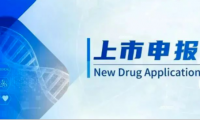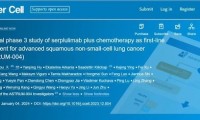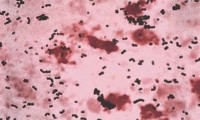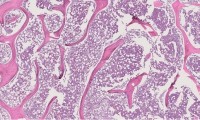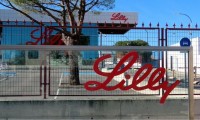-
Hengrui’s Innovative Drugs Piratinib and Dalsili Breast Cancer Indications Both Recommended by 2024 CBCS Guidelines
- Source: drugdu
- 555
- January 7, 2024
-
Treatment of Orthopedic Postoperative Pain, Hengrui Pharmaceuticals’ New Drug Application for Tegretol Fumarate Injection Accepted
- Source: drugdu
- 318
- January 7, 2024
-
HANSIZHUANG Combined with Chemotherapy for the First-line Treatment of sqNSCLC
- Source: drugdu
- 230
- January 7, 2024
-
Rapid Bedside Test to Protect Newborns from Life-Threatening Illnesses
- Source: drugdu
- 444
- January 6, 2024
-
Machine Learning Model Calculates Chemotherapy Success in Patients with Bone Cancer
- Source: drugdu
- 377
- January 6, 2024
-
Nalu Medical raises $65M for neurostim tech
- Source: drugdu
- 719
- January 6, 2024
-
FDA Grants Fast Track, Breakthrough Designations to CG Oncology Inc’s Cretostimogene Grenadenorepvec
- Source: drugdu
- 330
- January 6, 2024
-
Lilly makes website to simplify access to obesity drug Zepbound, plus diabetes and migraine meds
- Source: drugdu
- 645
- January 6, 2024
-
Thermo Fisher to cut the lights at California plastics plant, lay off 74
- Source: drugdu
- 321
- January 6, 2024
-
Inbound HCP communication channels double digital engagement, Veeva finds
- Source: drugdu
- 354
- January 6, 2024
your submission has already been received.
OK
Subscribe
Please enter a valid Email address!
Submit
The most relevant industry news & insight will be sent to you every two weeks.


